Empowering India’s digital future: Our computing curriculum’s impact
The Raspberry Pi Foundation has been working in India since 2018 to enable young people to realise their potential through the power of computing and digital technologies.
We’ve supported Code Clubs, partnered with government organisations, and designed and delivered a complete computing curriculum for students in grades 6 to 12 and at the undergraduate level. Our curriculum is tailored to the Indian context, and we provide extensive support to help teachers deliver it effectively.
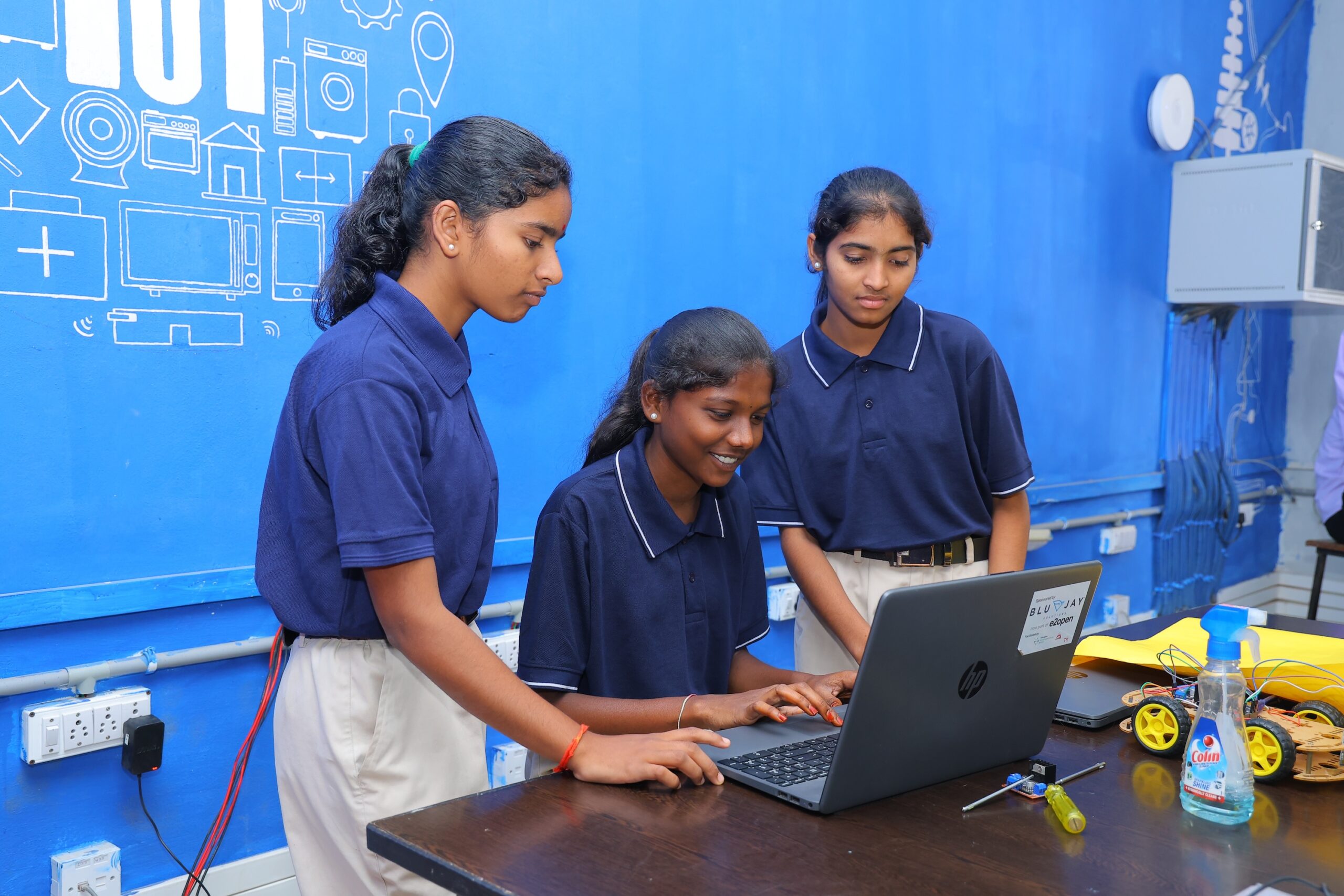
In another recent blog, we shared in detail how we’ve created an impactful curriculum for India. We’re now excited to share our new report evaluating how our curriculum is being taught in Telangana and Odisha. This report demonstrates the impact we’ve had so far, highlighting our successes and the key lessons we have learnt.
Key findings from the evaluation
Our evaluations of how the curriculum is being taught show that teachers are well-equipped to deliver the curriculum and provide high-quality and accessible learning experiences that develop students’ computing knowledge and skills.
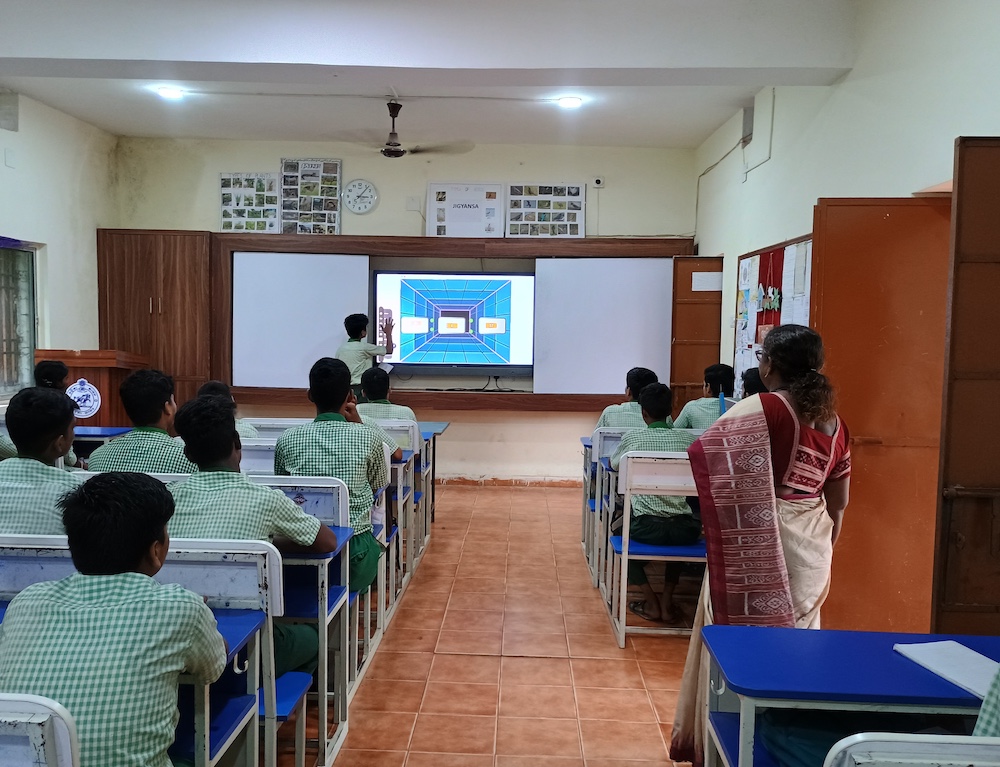
In Telangana, we partnered with the Telangana Social Welfare Residential Educational Institutions Society (TGSWREIS) to introduce our curriculum at the Coding Academy School and Coding Academy College. Our report found that all school and college teachers we trained agreed they felt confident teaching students using the resources provided. Students were very positive about the classes, and their assessment scores demonstrated strong learning outcomes: 77% of school students and 70% of college students achieved at least 60% of available marks.

In Odisha, we worked with Learning Links Foundation and Quest Alliance, in partnership with Panchasakha Sikhya Setu (PSS) Abhiyan, to deliver the IT and Coding Curriculum (Kaushali) to students in grades 9 and 10. Our findings were also very positive:
- 87% of teacher respondents agreed that the curriculum resources were high quality and useful for their teaching
- 91% felt more confident about teaching IT and coding due to the curriculum resources
- 93% of teachers agreed that the training helped them understand the curriculum’s structure, content, and objectives
- 89% felt confident in teaching the curriculum after the training
- Teachers also reported a positive impact on their students, with almost all agreeing that it improved students’ coding skills, digital literacy, and understanding of responsible digital citizenship

The report also highlights how students better understood how computing and coding are used in the world and developed an increased interest in pursuing careers in these fields.
Key factors for effective implementation
Our evaluations show the importance of several factors when launching a computing curriculum:
- Aligning content with students’ experience and interests: Content should be tailored to students’ existing knowledge, culturally relevant, and follow industry standards to prepare them for employment
- Providing extensive support to teachers: This includes careful selection and training of master teachers, comprehensive training for teachers that considers their knowledge and experience, and ongoing support through webinars, calls, and classroom observations
- Ensuring sufficient quantity and quality of infrastructure: Adequate equipment and internet access are crucial for effective teaching and learning
We are committed to always improving our approach to ensure that all young people in India have the opportunity to learn about computing.
Join us in shaping the future
You can read our new report here. If you are interested in partnering with us or want to learn more about our mission, please contact india@raspberrypi.org.

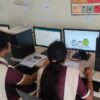

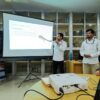
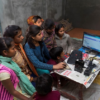


1 comment
Jump to the comment form
Raspberry Pi Staff Rujeko
Commendable impact! Good to be following this journey!